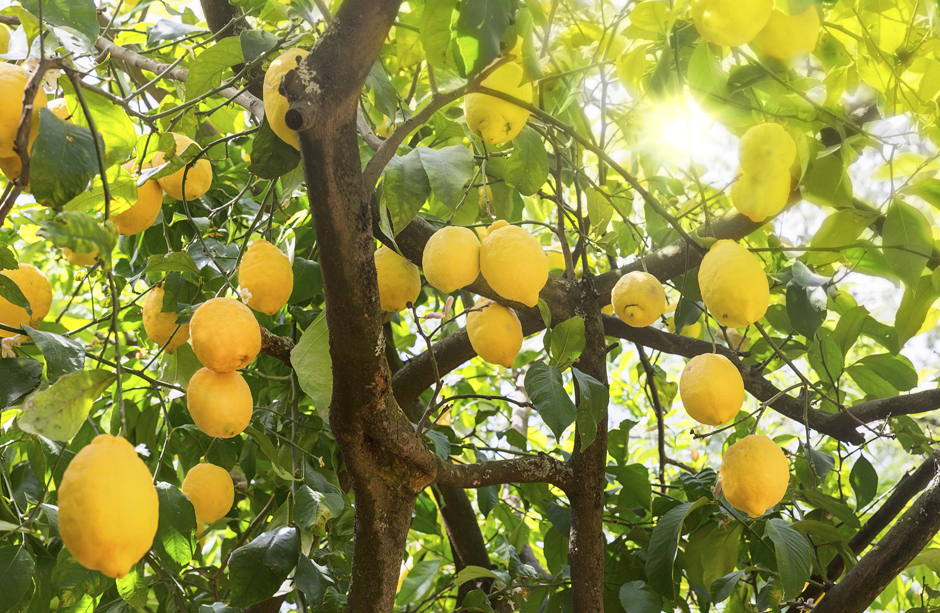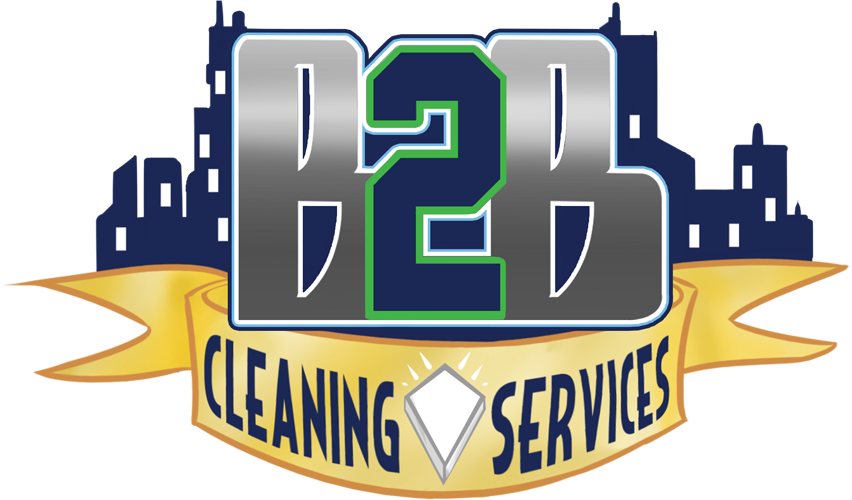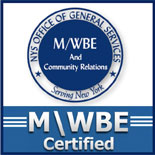
It’s time to pay closer attention to the cleaning products we use. Reports of skin and allergy sufferers has increased amongst children and teenagers, reports the Center for Disease Control. It has nearly quadrupled in the past 10 years!
Cosmetic and cleaning products contain ingredients known to cause both skin and respiratory allergies. This includes so-called “natural” ingredients. In contrast with the United States, which does not regulate fragrance allergens, the European Commission is taking this problem on. In 1999, The EC published 26 fragrance allergens and required manufacturers to disclose their presence on cosmetic labels. This would allow people with allergies to avoid certain products that might cause a reaction due to certain ingredients.
Since that time, European scientists have been collecting additional information on fragrance allergens. In recent times, they have expanded their list of substances known to cause allergies, adding 28 new chemicals and natural extracts, also known as essential oils. The reports also identified possible allergens, as well as fragrance components for which their was little or no evidence that they caused allergies.
These natural extracts the EC categorized as “established allergens” include: citrus oil extracts such as citrus bergamia and citrus limonum found in dish soaps and all-purpose cleaners, rose flowers oil found in some botanical air fresheners and lavender extract added to detergents and spot removers. These essential oils can trigger an immediate allergic reaction, or can cause someone to develop an allergy over a long period of time.
So it is a fact that “natural fragrances” can cause the same allergic reactions as synthetic ones. Just because it says “natural” does not mean it is safe to use. After all, poison ivy, poison oak, and poison sumac are all “natural” as well.


